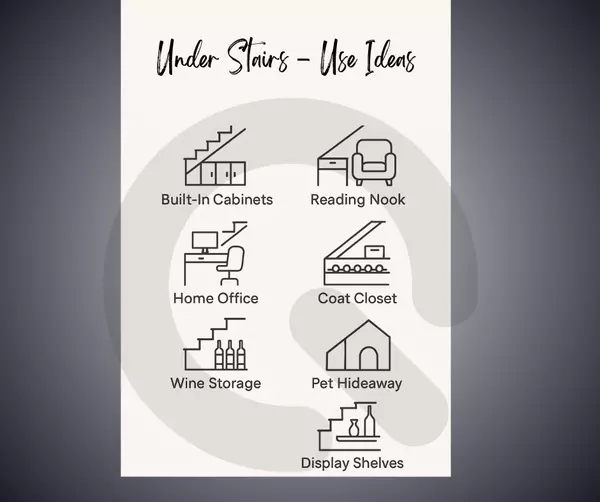Navigating Divorce and Real Estate: Essential Tips for a Smooth Transition

Navigating Divorce and Real Estate: Essential Tips for a Smooth Transition
Navigating the complexities of divorce can be an emotionally taxing experience, and when real estate is involved, the stakes are even higher. Whether you're a buyer or a seller, understanding the intricacies of property division during a divorce is crucial. This blog will explore the pros and cons of holding versus selling property in such scenarios.
Property Division Choices
When a couple decides to part ways, one of the most significant decisions revolves around what to do with their shared property. The options generally fall into two categories: holding on to the property or selling it.
Holding On To the Property
Pros:
Stability: Retaining the property can offer emotional stability, especially if children are involved. Staying in a familiar environment can be less disruptive.
Appreciation: Real estate often appreciates over time. Holding on to the property could result in financial gains down the line.
Tax Benefits: Homeowners may continue to enjoy tax deductions related to mortgage interest and property taxes.
Cons:
Financial Strain: Managing mortgage payments, maintenance costs, and other expenses on a single income can be challenging.
Emotional Toll: Living in a home filled with memories of a past relationship can be emotionally draining for some individuals.
Legal Complications: Co-owning a property post-divorce requires clear legal agreements to manage responsibilities and future decisions about selling or refinancing.
Selling the Property
Pros:
Clean Break: Selling the home provides a fresh start for both parties, eliminating any emotional baggage associated with the property.
Financial Clarity: Liquidating the asset allows for an equitable division of proceeds, simplifying financial settlements.
Reduced Responsibility: Once sold, neither party has to worry about mortgage payments, maintenance, or other ongoing expenses.
Cons:
Market Conditions: The real estate market may not always be favorable for sellers. Selling during a downturn could result in financial loss.
Relocation Stress: Finding new housing can add another layer of stress during an already tumultuous time.
Transaction Costs: Selling a home incurs costs such as agent commissions, closing fees, and potential repairs or upgrades needed to make the property market-ready.
Buyers and Sellers
For those looking to buy or sell real estate during or after a divorce, understanding these dynamics is essential.
Buyers
If you're planning to buy a new home post-divorce, consider your long-term financial stability before making any commitments. Ensure that you have adequate savings and understand your credit situation, as divorce can sometimes impact your credit score negatively.
Sellers
For those opting to sell their shared home, it's crucial to work with experienced real estate agents who understand the nuances of divorce-related sales. Transparent communication between both parties and setting clear expectations will make the process smoother.
Final Thoughts
Divorce is never easy, but making informed decisions about real estate can help mitigate some of its challenges. Whether you choose to hold on to your property or sell it, each option comes with its own set of advantages and disadvantages that need careful consideration.
By understanding these factors, both buyers and sellers can navigate this complex period more effectively, ensuring that they make choices that best suit their emotional and financial well-being in the long run.
Divorce can be challenging, and managing real estate decisions during this time adds another layer of complexity.
Contact me today for a confidential consultation. Let's chart a course for your next chapter with confidence and clarity.
Search All Homes For Sale Here
Categories
Recent Posts











